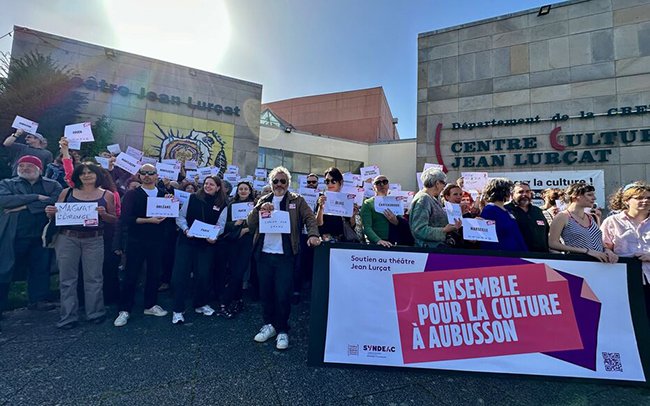Meet the students who marched 400 km across Portugal for climate justice
When António Assunção and Nina Van Dijk came across an open post inviting school students to join them on Friday, 25th March 2019, little did they know the moment would change the course of their lives.
That post was the 'Friday for Future' movement, launched by Swedish teenage climate activist, Greta Thunberg. The Portugees students joined the 1.4 million young people worldwide, urging politicians to take more decisive actions to tackle climate change.
"I've always been concerned about environmental issues since I was little, because of the upbringing, but in 2019 with those huge crowds taking to the streets, I felt 'Ok, it's time to do something'," recounts Nina.
From meetings to blocking roads and joining student protests, climate concern soon turned to climate activism. The 18-year-olds were determined to make their voices heard. "Activism is a way for us to leave our footprint on the planet and in history too. To make our own history and not just let it be told for us," António told Scenes.
Caravan for Climate Justice
From 2nd April to 16th April this year, Nina and António were among the hundreds of young activists to take part in the Caravan for Climate Justice. The 400 km march passed through the centre of Portugal, from Leirosa to Parque das Nações in Lisbon. More than 120 people participated in the event, coordinated by Climaximo, Portugal's largest and oldest climate collective.
For two weeks, the environmental campaigners travelled by foot, train and canoe to draw attention to the climate and biodiversity in the country. "The caravan's main objectives are to create a more diverse movement and to establish networks with everyone," explains António. "Creating a movement of movements that strives for a better, more just planet, where everyone can live," he adds.
The group connected with thousands of people along the way. They saw a need to engage with communities that had lost homes and livelihoods through forest fires and drought.
"We listened to what they were feeling firsthand. We try to look for real solutions to tackle the crisis we are living through," explains Nina. "Also to let them know that they are not alone. That many people are willing to walk 400 km to meet them, talk with them and spend time together," adds António.
Creating networks
Along the route, the caravan promoted debates in schools, theatres, gardens and on the doorsteps of some of the country's largest greenhouse gas emitters. The caravan aimed to captivate, collaborate and create a vast network to respond to climate change collectively.
"The fight for climate justice is essentially a fight for a system that prioritises people over profit," says Nina. "It is the struggle for a sustainable future, where people are above big companies' profits," she adds.










